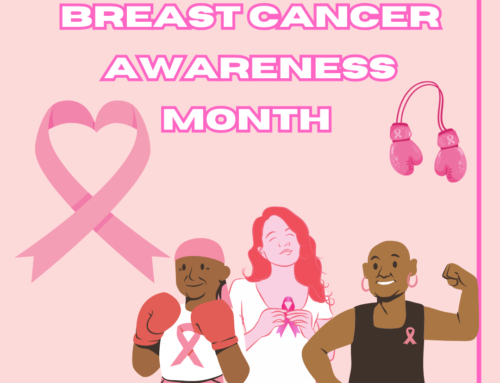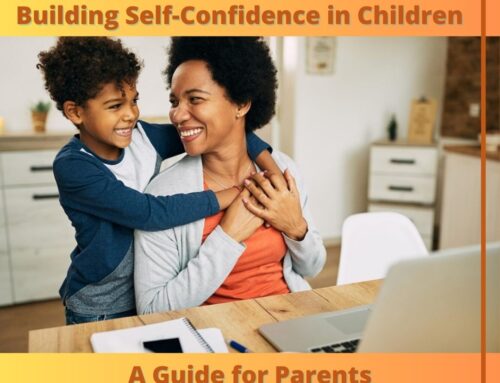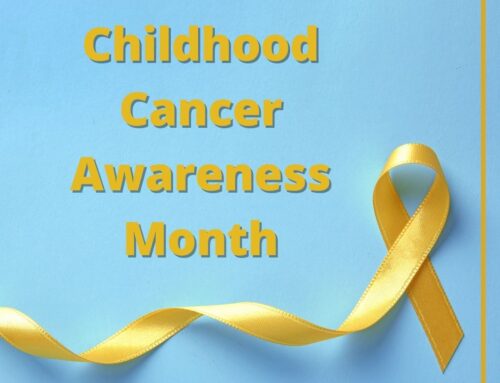Helping Your Youth Navigate Valentine’s Day
Greeting’s Readers!
Can you picture it? The seas of red and pink in every store, the smell of flowers and chocolate, the shelves lines of stuffed animals, and the commercials advertising heart-shaped jewelry. It can only mean… Valentine’s Day. People experience a wide range of emotions regarding this holiday, from people who see it as just another calendar day, to people who see it as an opportunity to decorate and eat candy, and even to those who may see Valentine’s Day as a very important event in their relationship.
This week’s blog is all about helping your youth navigate Valentine’s Day. We will be breaking it into 2 sections; youth who are not dating someone, and youth who are dating someone. While adults experience a wide range of emotions towards Valentine’s Day, children and teens do as well. And the pressures of relationships may play a big role, including the absence of a relationship.
If your teen is not dating someone:
If your teen is not in a relationship, it can be easy to assume Valentine’s Day means nothing to the youth. However, some youth may see this as a time of loneliness or maybe experiencing feelings like “is anyone ever going to want to date me?”. Consider this scenario: A youth, gets off the school bus in the morning to see students all around holding balloons, flowers, or stuffed animals and happily talking to friends or their date. This youth may begin to feel as though they are being left out of an experience, or may experience feelings of embarrassment, or may begin to wonder if they are normal for not being in a relationship at their age.
To help your youth navigate Valentine’s Day, it is important to be understanding and aware of how your youth views the holiday and be open to communicating with them about it. Open-ended questions are a great tool to gauge how your youth may be feeling, and for starting the conversation. You can ask open-ended questions such as “How do you feel about Valentine’s Day?”, “What does Valentine’s Day mean to you?” or “What do you like/dislike about Valentine’s Day?”. Sharing encouraging words about how Valentine’s Day does not have to be about couples, or dating may help your youth feel less pressure for not being in a relationship. We like to think that Valentine’s Day is an opportunity to express love, care, and gratitude for everyone in your life, not just a dating partner. It is a day for showing extra compassion, empathy, and cooperation with others including family members, friends, and even teachers. Additionally, this may be a good time to engage in a conversation with your youth on your values when it comes to dating and relationships.
If your teen is dating someone:
If your teen is in a relationship, they may be experiencing pressures even if they are not sharing them with you. Some teens who are in relationships may feel like Valentine’s Day is a “make-or-break” day for their relationships, which can create feelings of stress or anxiety. Since Valentine’s Day is usually associated with giving a partner a gift of some sort, teens may be experiencing the stress of not feeling like they have the perfect gift or may feel pressured to spend all their money (or money they don’t have) to buy something. Since Valentine’s Day is also associated with love, some teens may be feeling pressured to engage in activities that they may not be ready for.
A good way to help your youth navigate this holiday is to first gauge how they are feeling about the day. You can ask open-ended questions to begin the conversation. Example questions include, “How do you feel about Valentine’s Day?”, “What does Valentine’s Day mean to you?” and “What kinds of pressure do you think your friends feel about Valentine’s Day?”. Some teens may feel more open to talking if they feel like the questions are not necessarily about them and can help give you a better understanding of the pressures your youth is facing, directly or indirectly. This may be a good opportunity to discuss your values of love, relationships, and what you feel is and is not appropriate for them. Providing your youth with examples of gift ideas and ways to celebrate the holiday that you feel is acceptable may help them feel less pressured.
Here’s how YOU can be a Prevention Partner:






